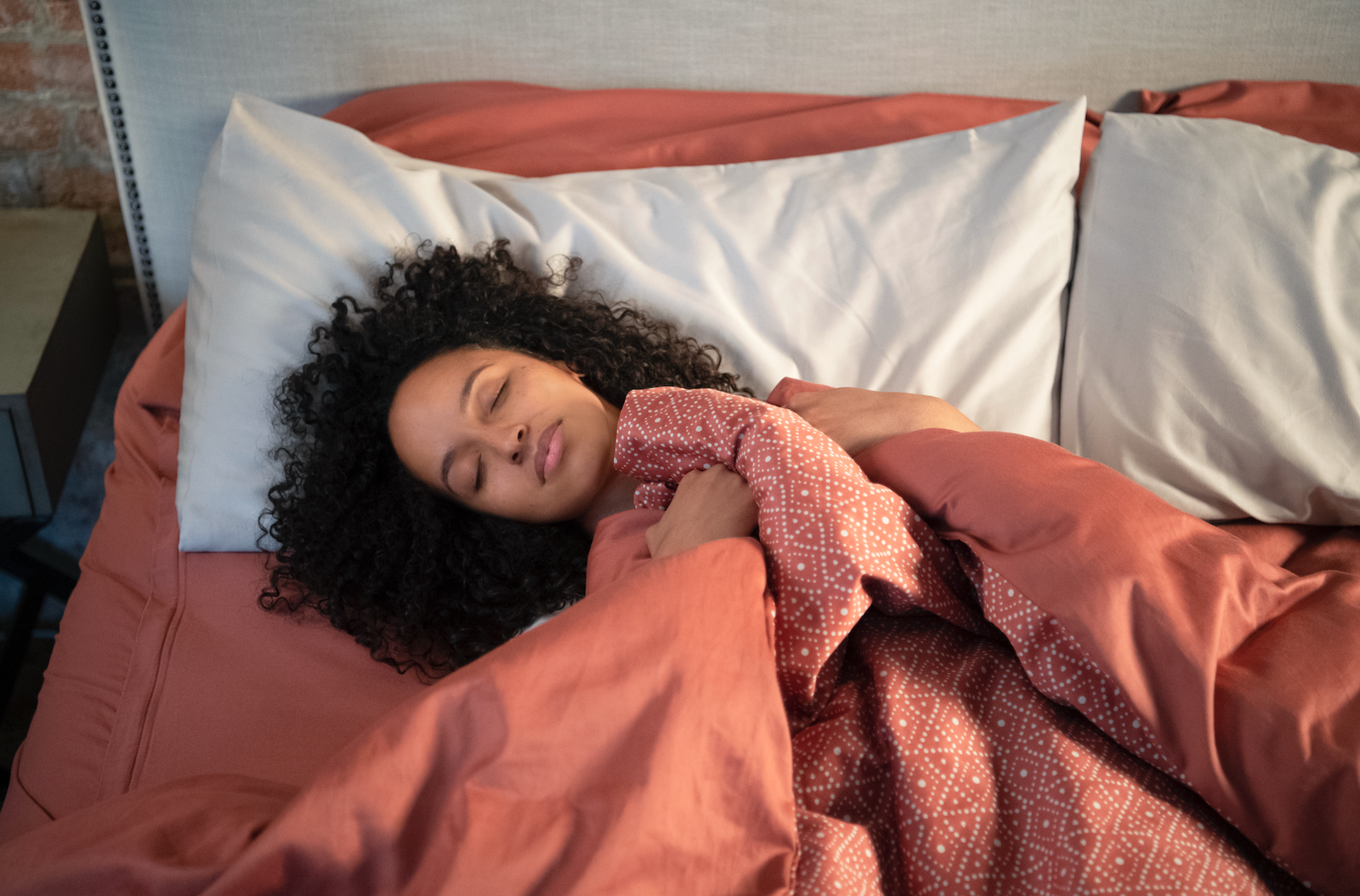Your Cart is Empty

As a bedding company, we love sleep - and helping to create that perfect environment so you can get the sleep you crave. We’re peeling back the covers to learn why sleep is such an important part of our lives and how to get the sleep we need.
Our bodies and minds need sleep.
We all know sleep is important but are you aware of how greatly it can affect your health? Lack of sleep is associated with injuries, chronic diseases, mental illnesses, and lowered work productivity. Sleep problems are major contributors to some chronic conditions, including obesity and depression but are rarely addressed. Sleep recharges our bodies so that we can fight off disease and refreshes our minds so that we are alert and functioning well during the day.
Though the science of “why” is not completely understood, the effects of lack of sleep are easily observed, and the systems that control sleep have been well documented.
Circadian rhythm, our internal body clock, regulates sleep cycles and our range of feelings from alert to sleepy. The cycle is influenced by levels of certain brain chemicals (i.e. adenosine) and light. As natural light ebbs, melatonin is released, inducing drowsiness, and as the sun rises, cortisol is released providing energy and wakefulness.
As we sleep our bodies go through several stages of REM (Rapid Eye Movement) and non-REM sleep, and cycles repeat throughout the night. During those stages our hearts and breathing rates, eye movements, and brainwaves all slow; muscles relax; dreams and memory consolidation occur; and our bodies release chemicals needed for physical and mental recovery.
How much sleep do we need?
Sleep needs change with age, ranging from up to 16 hours per day for infants to a minimum of seven hours each night for adults.
Lack of sleep, or poor quality sleep, can result in increased risk of obesity, type-2 diabetes, high blood pressure, heart disease, and stroke. Sleep is closely linked to mental and emotional health both as a symptom and a cause of various disorders such as anxiety and depression. Drowsiness, attention lapses, cognitive impairments, and delayed reactions can all be caused by poor sleep, and have been shown to result in increased risk of workplace injuries and automobile accidents.
How can we get the sleep we need?
Generally, consistent sleep schedules, cool and dark bedrooms, removal of computer screens and electronic devices from your sleeping area, and refraining from caffeine, alcohol, and large meals close to bedtime promote the best sleep. In addition, exercise during the day rather than near bedtime and eliminating tobacco use can improve sleep for some. Keeping a sleep diary - or using one of the numerous sleep-tracking technologies is a great way to understand how your activities and behaviors impact your sleep.
If you find you are not getting enough sleep, there are many products available to help and many DIY options. Take a look at your sleep zone and consider these elements:
Take this week to mindfully prioritize your sleep. A lack of sleep affects all aspects of our lives and while getting enough zzz's can prove difficult, your body and mind will thank you!